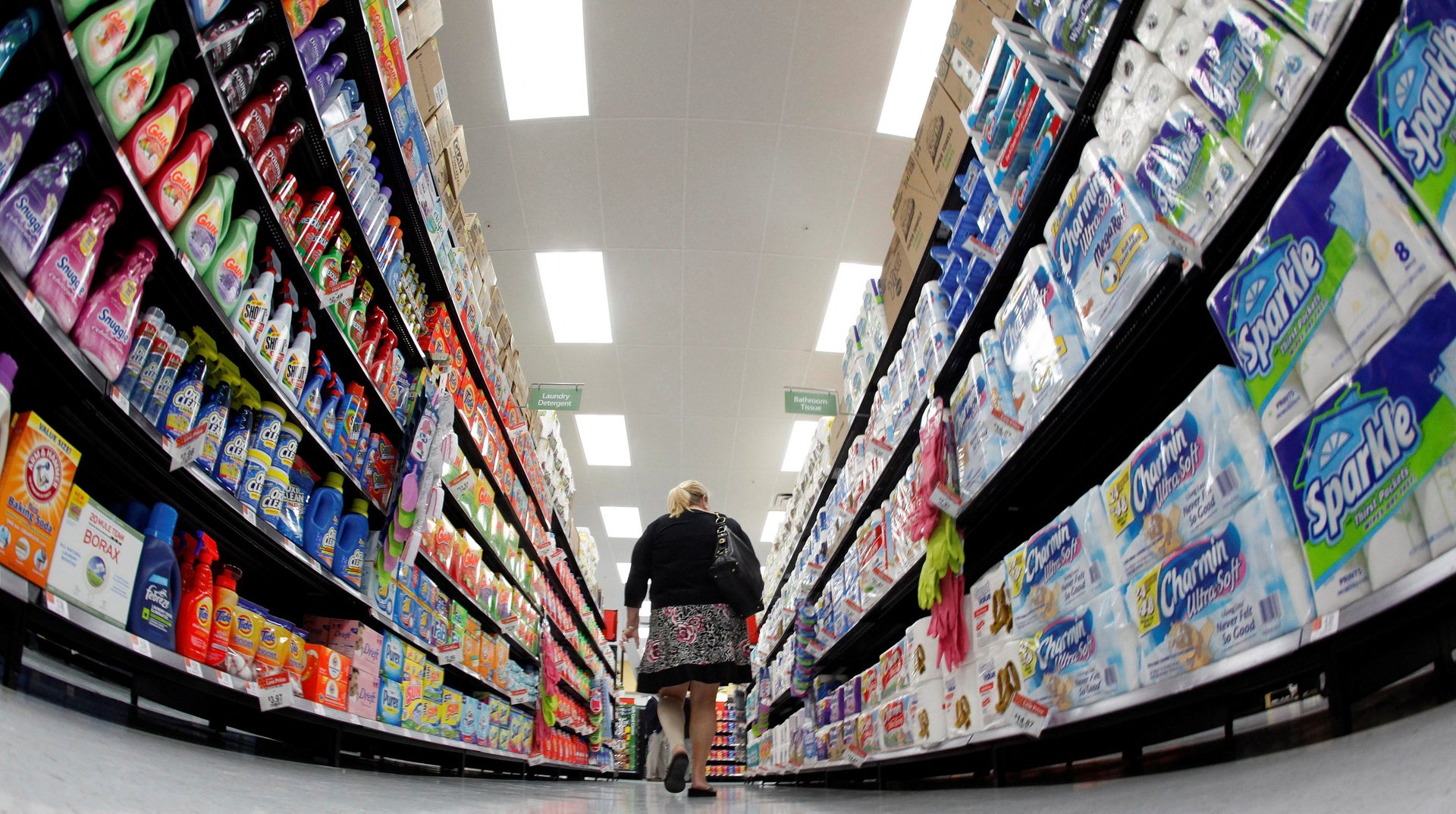Walmart stores couldn't take payments or returns because of a software issue
The internal bug briefly affected thousands of its U.S. locations

An internal computer glitch of Walmart’s software system prevented thousands of its U.S. stores from being able to process payments and returns on Wednesday morning.
Suggested Reading
Employees of the Bentonville, Ark.-based retailer, including other individuals with knowledge of the situation, told the Wall Street Journal that the bug forced some of its registers to be unusable.
Related Content
The system-wide malfunction lasted hours, taking on a domino-like effect that impacted hundreds of its brick-and-mortar stores as the retailer looked to fix the glitch.
Of Walmart’s 4,600 U.S. locations, most continued to operate. However, six locations were forced to stop operations altogether.
Some of its employees said customers left during the early hours of the outage, while others left because they couldn’t make their returns.
A Walmart spokesperson told the publication that the glitch was in part due to an internal system issue and not an external one, adding that the issue has since been resolved. However, the cause of the outrage remains unclear.
Walmart’s size and scale may highlight how even some of the biggest retailers still face technology hurdles as they look to scale and grow their business operations.
In October 2023, the retailer said it had been testing an augmented-reality app using artificial intelligence, a move the company said would streamline restocking, while reducing the time employees took to pull backroom inventory to restock its shelves. In addition, over the next five years, the retailer proposed that about 65% of its stores would include automated services.
Walmart’s growth plans are ambitious. Last month, the retailer said it plans to build over 150 stores over the next five years. A turnaround when compared to news that it would close 269 of its stores back in 2016.
